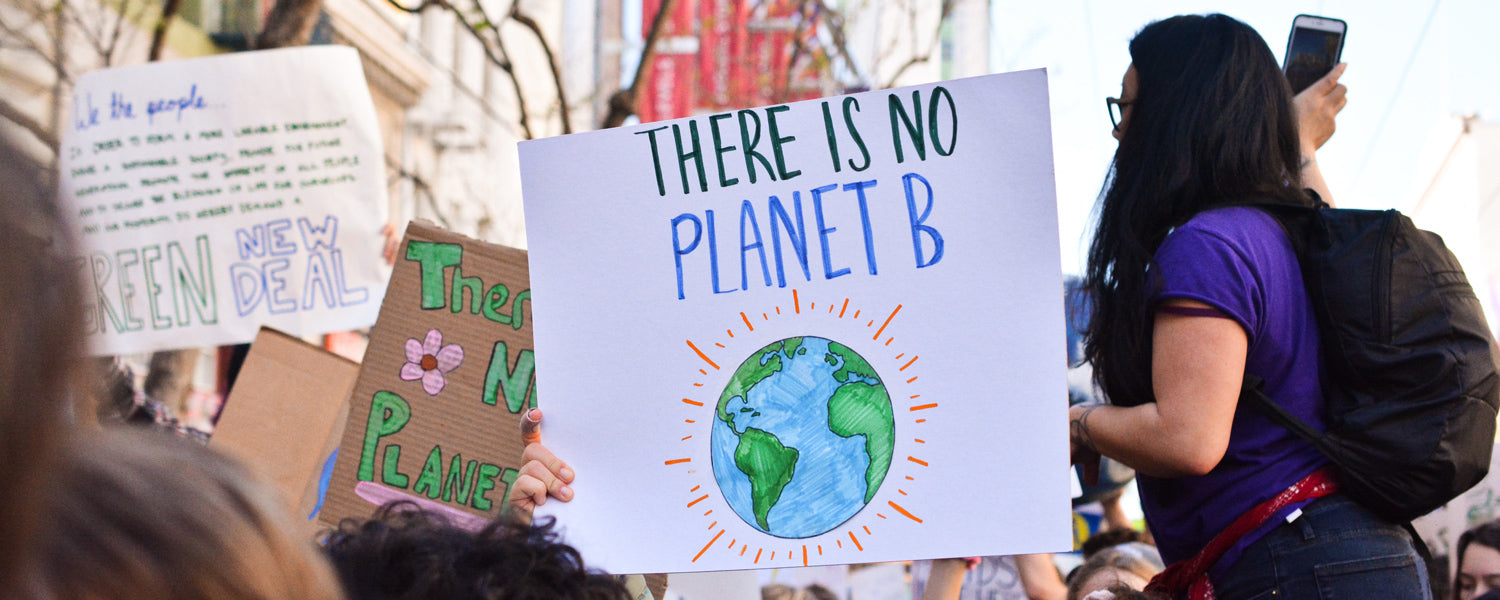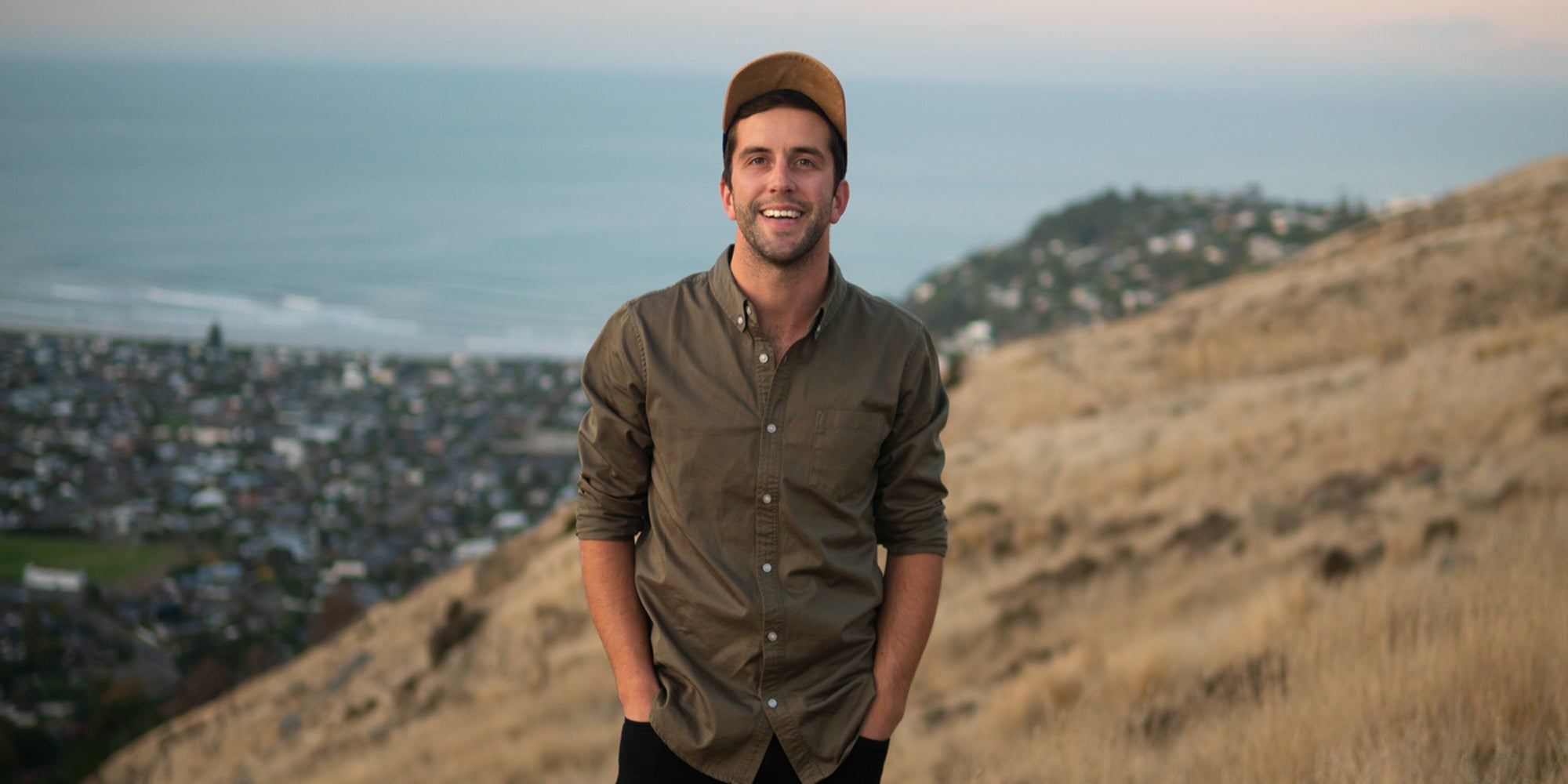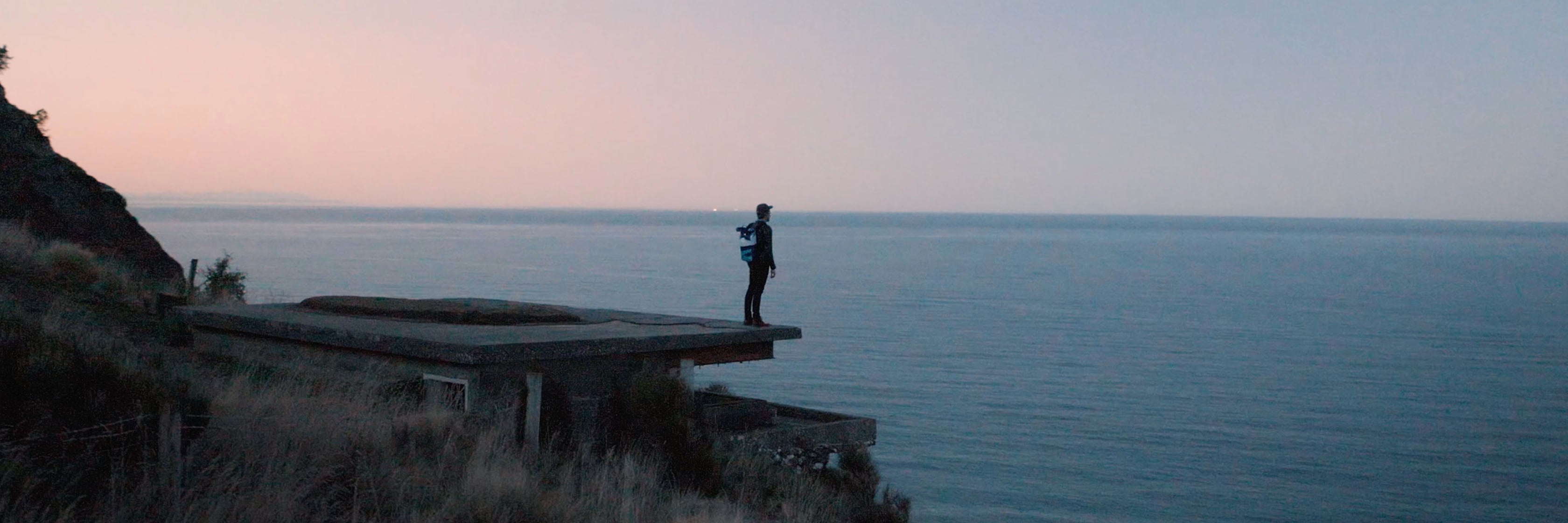Climate this, climate that, climate... whatever, right? Wrong. Actually, it’s climate everything.
Our systems of government and economic strategies are failing the planet and by that definition, failing us. We have to change how we do things, and that has to start immediately. Successful change requires a good plan and, right now, the New Zealand government is preparing theirs. Parliament is currently taking submissions from the public on that plan. Now is the time to tell them how much you care.
You’ve got until the 16th of July to have your say.
If you’re already into the idea of having a planet, economy, and society that works for us and want to do your part, skip my rant and head here for more detail, or here if you’re happy to dive right in and submit your thoughts on the government’s Zero Carbon Bill.
If not buckle in for a rant. Below is the simplest breakdown of the situation we are in.

We must build a renewable energy economy that isn't dependent on fossil fuels as fast as we can. P : Tim Foster
Burning fossil fuels, animal agriculture and deforestation cause increases in the heat-trapping gases in our atmosphere. These gases let the sunlight through the atmosphere, but stop a lot of the heat from getting back out. We have released a lot of these gases and we are heating up the planet - fast. We are currently releasing nearly 40 billion tonnes of the most troublesome gas, carbon dioxide into the atmosphere every year. 72,000 tonnes and counting since you started reading this article one minute ago. Since the late 19th Century, we have warmed the planet by 1°C. In other words: an entire planet’s temperature has been altered by humans. There is absolutely no doubt about this.
"We are currently releasing nearly 40 billion tonnes of the most troublesome gas, carbon dioxide into the atmosphere every year."
The most important part of all of this is the rate: how fast the temperature changes. If something happens slowly we (along with other species) will have time to adapt, if it happens fast, we won't. Unfortunately, this change in temperature is happening very, very fast. To put the current rate of change in context, we started to emerge from the last glaciation (commonly but incorrectly referred to as the last ice age) around 20,000 years ago. Since then, the global average temperature has increased by about 4°C. If the status quo is maintained, we could expect to add another 3°C in the next 80 years!
Temperature is a fundamental control mechanism on physical, biological and chemical systems. Think about the effect temperature has on your body: at 37°C, you’re spritely; at 40°C, you are dead. The planet’s physical systems and the life within them is also sensitive to temperature changes. The state of the oceans, rainforests, grasslands, coral reefs, tundra, forests, deserts, and ice caps all exist in their current state within the bounds of the established temperature. As the temperature changes, so will they.
"Think about the effect temperature has on your body: at 37°C, you’re spritely; at 40°C, you are dead."
The problem arises for us humans because those systems provide the water and food that keep us alive. Our climate provides stability for the entire system. We have forged modern society in a period of relative climate stability; we have founded our cities, constructed our ports, built our roads with the assumption the system will remain the same. With climate change, it won’t.
For modern society to continue in its current state, we must arrest this rapidly ascending temperature. There is a consensus that allowing the planet to warm by more than 2°C is incompatible with a functional society, let alone a prosperous one.
This countdown displays the carbon budget with a 2°C target.
In fact, 2°C is likely too much; scientists and countries are demanding that the global community pursue a target of 1.5°C (remember we’re already at 1°C). The increased ambition to limit warming to 1.5°C was stimulated by a special report by the Intergovernmental Panel on Climate Change to assess the difference between a climate that will warm by 1.5°C and one that warms by 2°C. The difference is very alarming and the reduced impact of limiting warming to 1.5°C is clear.
To have a 66 % chance of limiting this warming to 1.5°C, we can only release an additional 580 billion tonnes of carbon dioxide. At 40 billion tonnes a year...that doesn't give us much time to get our act together.
So we have a budget that we must remain within. This is the foundation of all action on climate change. With this in mind, what we do in the next ten years will dictate what happens for centuries to millennia.

A global movement of schoolchildren is demanding meaningful climate action. P : Mika Baumeister
New Zealand also faces significant challenges dealing with other greenhouse gases from agriculture, namely methane and nitrous oxide. It is vital that the plan the government implements is in line with what the science tells us we must do regarding these gases too.
As Greta Thunberg, the 16-year-old climate legend leading the global school strikes, perfectly put it to the UK parliament: “Avoiding climate breakdown will require cathedral thinking. We must lay the foundation while we may not know exactly how to build the ceiling.”
We have to get this show on the road, or the show is over (the show being a functional, stable global society).
Let’s remove our heads from the sand, stand up, and draw a line in that sand.
Now is the time. Get engaged. What you do does matter.
The New Zealand government is attempting to put in place a framework to respond to this crisis.
In short, it is called the Zero Carbon Bill. It is currently open for public submissions before it moves on to the next phase.
"Let’s remove our heads from the sand, stand up, and draw a line in that sand. Now is the time. Get engaged. What you do does matter. "
Please, go here, and tell the government what you think about it.
The government has done a brilliant job of getting to where we are now, but there are a few things about the bill that need to change.
If you haven’t had the time to read about this or feel you don’t have the time to answer, our good friends at Generation Zero have prepared a well-researched response for you in line with what the science dictates we must do.
Submissions close on Tuesday 16th July so please make your voice heard before then.
Policymakers are humans too, with eyes and ears. What you write and say is seen and heard.
Let our leaders know you care. Let's get this job, the most important job we’ve ever had, done together.
You are alive in the most consequential decade in human history. What you do now couldn’t matter more. Embrace it.



